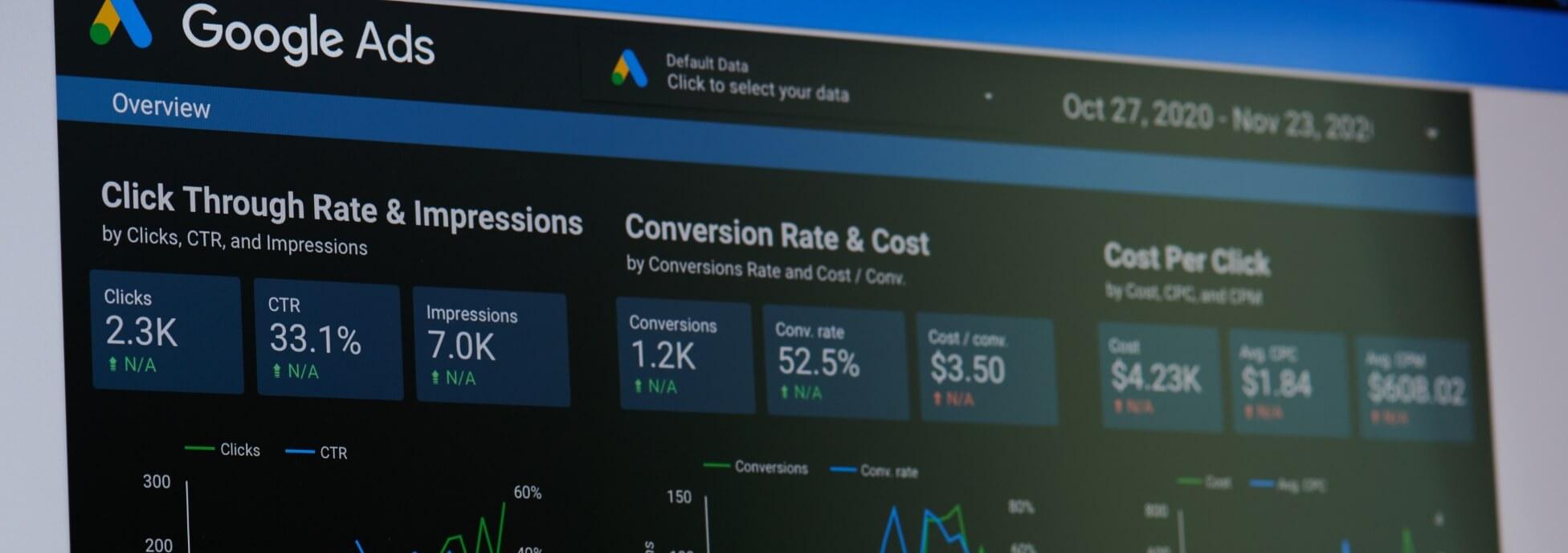Assessing the Real Impact of Google’s Decision to Keep Cookies
Four years ago, Google caused an apoplectic panic among advertisers when it announced its plan to eliminate support of tracking “cookies” in its Chrome browser – far and away the most popular resource for consumer web searches around the world.
A major initiative of this plan included development of the “Google Privacy Sandbox” as a means of identifying solutions that would balance the needs of users, publishers, and advertisers, alike, while protecting consumer privacy and keeping content freely available.
As recently as January of this year, company spokespeople asserted they were “extremely confident” about progress regarding new options, including the introduction of Federated Learning of Cohorts that would place users in groups based on similar browsing behavior. In other words, advertisers could target potential prospects using Cohort IDs instead of individual User IDs.
But cooking up a palatable alternative to cookies has proven to be far more complicated than anticipated and even Google couldn’t find the right recipe. So, last month, the company issued a statement that can basically be summed up with two simple words: Never mind.
What Happened

For nearly four years, Google has made a practice of placing the responsibility for delays on the backs of advertisers. In June 2021, the company pushed back the timeline for replacing cookies, citing a need to provide the digital marketing industry with more time to make plans for more privacy-conscious targeting. In 2022, Google said much the same, claiming feedback indicated advertisers still needed more time to transition to their new privacy-centric programs.
But I hypothesize the biggest reason Google has abandoned its plans to kill off third-party cookies in Chrome has a lot more to do with dough. In fact, a blog post from the company coinciding with their announcement points to advertiser feedback as key factor.
What this really boils down to may be the push and pull between digital economics and consumer privacy. Google is commonly considered the largest collector of web data in the world, and if you look at Google’s revenues they’re heavily tied to advertising. They’ve built such a massive digital ecosystem that it’s also extremely expensive to maintain, especially while they’re trying to catch up in the world of AI.
When you look at current post-pandemic economics, you see a large pullback in overall ad revenue, but you don’t necessarily see a commensurate decline in Google’s reported earnings or profits. They’ve continued to keep a stronghold on advertising inventory, and this undoubtedly causes them to feel somewhat conflicted when it comes to striking a balance between consumer privacy requirements, what users say they want from Chrome, and the responsibility they feel to their shareholders and stakeholders.
What Matters

Google may be less stringent than Safari, Firefox or others in the browser category, but those competitors aren’t straddled with Google’s revenue goals or the volume of inventory they need to sell across the digital advertising community to meet them.
Rapidly changing technology has not allowed all brands to develop their own proprietary targeting capabilities, and most advertisers aren’t willing to spend the same amount of money they traditionally have for lower performance. It’s that balance between a brand’s expectations of performance and the consumer’s expectations of privacy – without paying for content or browsing experience – that’s likely driving Google’s decision on how cookies are being utilized.
Apple has always been a staunch advocate of consumer privacy and their Safari browser certainly has more robust privacy settings. If you watched any of the 2024 Olympic coverage their advertising was virtually unavoidable, and it all focused on the concept of consumer privacy.
Good for them. It’s certainly smart of them to capitalize on the Google cookie reversal. But Apple doesn’t have to deal with the same conflict of interest. They generate comparably negligible amounts of revenue from any kind of ad units or ad assets and are, instead, monetizing their operating system through vehicles like their app store.
In other words, they don’t have the significant dependency on advertising that Google does. So, balancing consumer privacy with cookie adoption is much simpler for Apple, and that makes it easier to wave the flag as the people’s advocate – especially when the average consumer doesn’t understand the difference (or the economics).
What’s Next

The truth is Google has many of the same privacy settings that any other major browser offers, but many consumers just don’t take the time to use them. They put all the responsibility for protecting their privacy and their collective browsing experience on the provider. The quality of both really depends on what kind of content you’re consuming across the digital universe and the sources you’re employing to consume it.
And when I say, “digital universe,” I don’t mean just web browsers. Because so much of the tracking now being done and data being pulled goes way beyond searches and surfing. The Internet of Things, progressive technology and artificial intelligence have empowered a plethora of tactics like device matching. We have connected TV. It’s in our automobiles. All of these are part of our digital content consumption and comprise our digital footprint.
There will always be nefarious players who want to mine and extort data, who will look for ways to breach our privacy as consumers. But I honestly believe that threat is being overstated and that fear is being overleveraged for the purpose of marketing. It’s being used as a unique selling proposition by smaller brands competing for installs on browsers when, in reality, the average consumer is relatively safe and more interested in the digital experiences that enhance their lives.
In fact, I’ve come to believe the biggest reason many consumers become focused on the idea of “data privacy” is because they just don’t like advertising. But in today’s world, taking extreme steps to protect your data privacy means you’re actually creating an even worse, more challenging experience for yourself.
I’m on record for having said – repeatedly – that without the marketer’s ability to track our digital behavior, our web browsing experiences become both irrelevant and irritating. As consumers, we’re never going to remove advertising entirely unless we’re willing to open our wallets and pay the price of admission. But we’ve already proven that won’t happen.
What to Do

Don’t get me wrong. I’m not suggesting Google’s decision to retain cookies on Chrome is insignificant or consumer privacy isn’t an important issue. It is. But it may not be the real issue for marketers. The real issue this decision brings to the forefront is that brands are no longer willing to invest increasing sums in digital advertising in exchange for degraded performance.
If you’re the CMO of a company investing $1,000,000 a year in media and suffering a 20% decline in performance, you can’t afford that. At least not for long.
So, whether it happens this year or a few years down the road, successful brands are still going to have to figure out how to live and thrive in a cookie-less world. But most just aren’t there yet. And while there are tools out there to help marketers reach new audiences, build robust databases and mine meaningful insights, they’re also expensive, time-consuming and require more infrastructure.
What do you do? I would say you need to find a progressive firm with the industry experience, proprietary tools and digital expertise to help you build plans and programs that maximize marketing investments and drive performance. Both now and down the road.
Is your enterprise engineered and organized for success? Are you capable of building custom audiences? Have you figured out how to create your own mini data lake? Are you leveraging the right data management platforms? Are your systems perpetually learning and retargeting in real-time? And is everything you’re doing or building set up to scale?
The right partner will not only help you understand all the alternatives available for gathering consumer data, but also understand what it all means and the best ways to apply that precious resource.


